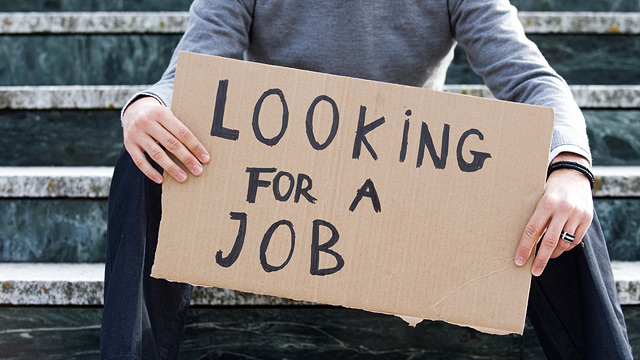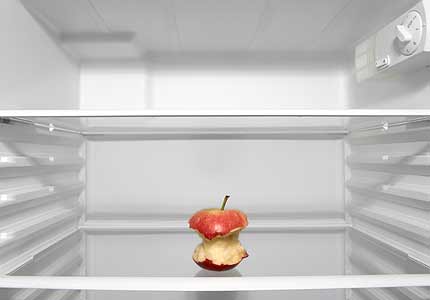How Did I Get So Lucky?
 Lindsey here. This week, I visited our clients at one of Manna’s busiest distribution sites, Catholic Charities in Wheaton. After receiving food, about twenty people joined me for a community conversation and nutrition workshop inside Catholic Charities.
Lindsey here. This week, I visited our clients at one of Manna’s busiest distribution sites, Catholic Charities in Wheaton. After receiving food, about twenty people joined me for a community conversation and nutrition workshop inside Catholic Charities.
In my two years at Manna, I have led many workshops, conversed with many clients, listened to their stories. But there were two things about this evening that surprised me.
Garnering participants for any event can prove challenging. People have obligations with work and family, not to mention transportation hurdles. I hoped that advertising snacks might prove appealing to those leaving home around dinnertime.
We first took turn introducing ourselves and naming something “good or new” that happened to us in the past few days. Think about that phrase for a moment: happened to us. For so many people who find themselves in need of Manna’s food, it is not always the actions one takes in life that leads to poverty, but rather life happening to a person. Chronic illness, job loss, medical bills, divorce, relocation—the “stuff happens” circumstances. As the men and women in attendance listed their “something good”, the responses went like this:
- “I was called for work three times last week. I don’t have any calls this week, but maybe in a few days I will get a job. Working last week was good.”
- “I just got out of the hospital, so nothing feels good right now.”
- “I woke up today and I was able to get here. That’s good.”
There is never a time for me that these stories will feel commonplace or acceptable. They are simultaneously heart-wrenching and maddening.
At Manna, we serve families challenged by food insecurity who don’t always know when that next meal will be available—or the quality of the food they can afford. I spent so many years studying food insecurity, I don’t often think about our families as physically hungry. Hunger is that state we have all experienced, that discomfort relieved by eating. Where some of us can alleviate that hunger with food whenever we want, families facing food insecurity have limited foods available to them. The next meal may be out of reach financially, geographically, or both. When I visit their children in school, I rest assured these kids have breakfast and lunch among the safety of their peers.
But on Tuesday night, I spent time with their parents, and with unemployed singles. This group responded to my spread of apples, cheeses and whole grain crackers as if they had not eaten all day. It was at the end of class, when I passed out the leftover apples and boxes of crackers that I realized: maybe they hadn’t.
By the time I arrived home after class, it was just 30 minutes before I typically go to bed. Still, I stared at my bursting pantry and rummaged through the fridge, then freezer, eventually deciding I would stay up late to digest my impromptu dinner so I would not wake up hungry.
For no good reason, I have that choice. For now, my husband and I still have jobs to afford our house, our food and our fun. For now, we have our health and separate cars to get to our full-time jobs, and to the multiple grocery stores we frequent. For no good reason—not because I am good or worthy or luckier than most: I woke up to a refrigerator with multiple options for breakfast, I packed a lunch I had time to cook, I’m returning home to a delicious, healthy and homemade dinner. I have food in my home, with plenty to share.
For no good reason, I have that choice.


